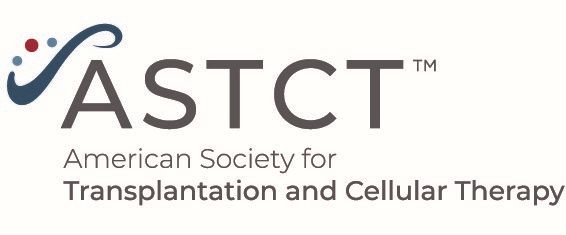
Notch Signaling Drives Intestinal Graft-versus-host Disease in Mice and Nonhuman Primates

Notch signaling acute gastrointestinal graft-vs-host disease was determined in a study analyzing mice and nonhuman primates.
In a recent article published in Science Translational Medicine, researchers conducted a prospective study in mice and nonhuman primates (NHPs) to determine the impact of Notch signaling in T cells during acute gastrointestinal graft-versus-host disease (GI-aGVHD). The GI-aGVHD was induced following allogeneic hematopoietic cell transplantation (allo-HCT). Therapeutic effect of inhibiting Notch signaling was evaluated by blocking Delta-like Notch ligand (DLL4) with REGN421 (enoticumab) humanized monoclonal antibody. The Notch1/2 receptor in T cells and Delta-like ligand 1/4 (DLL1/4) in the host triggers the effects of Notch signaling on GVHD, with a dominant role for Notch1 and DLL4.
Among aGVHD manifestations, gastrointestinal involvement (GI) is most challenging, with nearly all cases of severe aGVHD prominently involving GI tract. Moreover, epithelial injury and gut microbiome can fuel activation of pathogenic T cells, thereby propagating tissue damage after allo-HCT. Therefore, novel treatment strategies targeted at preventing GI-aGVHD but preserving protective T cell responses would represent a major therapeutic advance.
In the current study, the authors used haploidentical allo-HCT model in NHPs, which recapitulates key aspects of human allo-HCT and provides a translational platform for investigational drugs and mechanistic analysis. Healthy, immunologically naïve rhesus macaques of both sexes were transplanted with T cell–replete allogeneic donor cells and then treated with either single or three weekly doses of REGN421 (anti-DLL4) early after allo-HCT. Clinical and immunological monitoring, including longitudinal assessment of aGVHD clinical scores, were performed. Complementary investigations in a mouse model of allo-HCT were done using lethally irradiated parent-to-F1 MHC-mismatched recipients reconstituted with T cell–depleted bone marrow with or without donor T-cells. The donor T-cells were either wild-type or T cells expressing pan-Notch inhibitor DNMAML that blocks Notch signaling in the CD4+ helper and CD8+ effector donor T cells.
The authors reported that DLL4/Notch inhibition provided specific protection from GI-aGVHD rather than global immunosuppression, an effect not observed with other single agents tested for aGVHD prevention in NHPs. DLL4 blockade in NHPs with either a single or three weekly doses of REGN421 after allo-HCT protected recipients from GI-aGVHD consistent with an REGN421 impact on the early phases of T cell activation. Detailed analysis of aGVHD clinical presentations in REGN421-treated animals in comparison to controls revealed near-complete protection from GI-aGVHD. The REGN421-treated recipients, however, ultimately developed other clinical and pathologic signs of skin, hepatic, or pulmonary aGVHD, but without GI disease. Despite protection from GI-aGVHD, the DLL4 blockade did not interfere with T cell differentiation and reconstitution after allo-HCT. Interestingly, in both mice and NHPs, DLL4/Notch inhibition decreased cell surface expression of the gut-homing integrin α4β7.
In the mouse allo-HCT model, Notch inhibition blunted α4β7 up-regulation and intestinal accumulation of CD4+ and CD8+ conventional effector T cells but preserved or slightly increase the numbers of intestinal regulatory (suppressor) T cells. This effect may be essential in shifting the early balance of T cells in the gut, creating a microenvironment with local immunosuppressive properties that blocks initiation of intestinal GVHD. The authors also identified the secondary lymphoid organ fibroblastic reticular cells (FRCs) as a critical cellular source of DLL4 Notch ligands, driving α4β7 expression and gut-homing potential in alloreactive T cells. Results of this study identify a conserved, biologically unique, and targetable role of DLL4-Notch signaling in intestinal GVHD. Further, these findings demonstrate the unique single-agent activity of REGN421 in NHPs nominating DLL4 blockade as a worthwhile strategy for prevention of GI-aGVHD in patients.
Reference
Tkachev V, Vanderbeck A, Perkey E, et al. Notch signaling drives intestinal graft-versus-host disease in mice and nonhuman primates. Science Translational Medicine. 2023; 15(702):eadd1175. https://doi.org/10.1126/scitranslmed.add1175
Newsletter
Stay up to date on recent advances in the multidisciplinary approach to cancer.






































